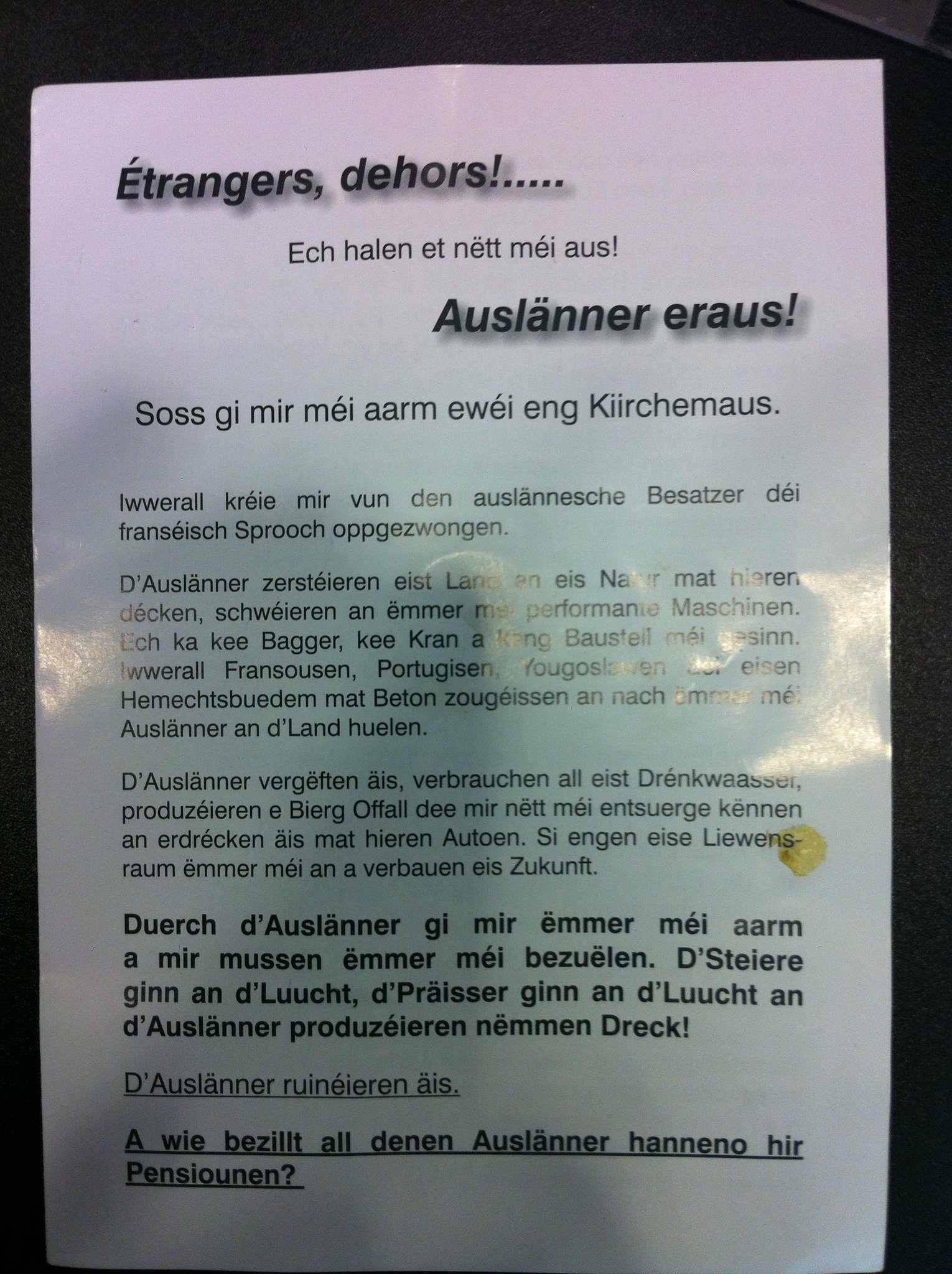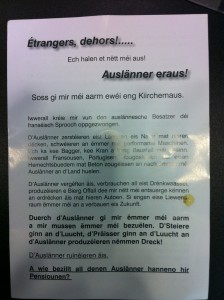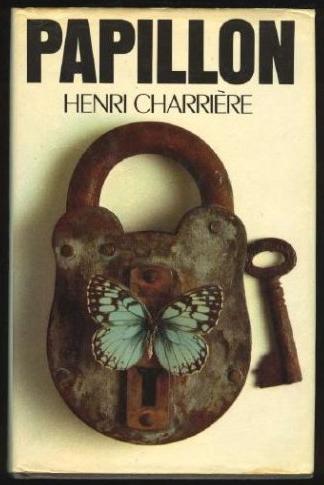This is the last article in the J’accuse series on the Malta Independent on Sunday. I have decided to concentrate on J’accuse the blog and limit any print contributions to an ad hoc basis. Until the next print adventure… it’s been emotional. Don’t forget to subscribe to J’accuse and receive updates by mail. Use the box below the video clip to the left of your screen. (Accuse Me!)
Interesting times. 2012 has begun very much in the way 2011 ended: with the fireworks, the ominous cloud of crisis(es) and a general holding of breath for what is to come. Metaphorically we are still holding our breath and I am not just referring to the election-no-election saga but to the world of wider affairs and economic crises. Malta – the civilisation of 400,000 people at the centre of the known universe – kicked off the year with a horrible double-murder and then shifted its attention to one man who holds the fate of our political history for the short-term, foreseeable future.
I have often referred to the Chinese curse that goes “May you live in interesting times” that is based on the assumption that interesting times would involve war, blood and danger. Well insofar as insular politics are concerned it does not get more interesting than this. The survival instincts of every politician on the island are piqued at this moment – raring to plunge into another battle of passionate electoral proportions and no amount of Standard & Poor degrading will deviate their attention from the ultimate Holy Grail of a parliamentary seat.
Ah yes. We’ve been downgraded. The fact that Malta’s rating now has less A’s than Franco Debono’s school reports has a lot to do with the fact that this country forms part of an elite group of members of the eurozone who are also intimately tied with saving packages and funds intended to soften the damage of any impending crises. S&P were not very positive about these plans and chose to clip the credit ratings of Malta – and France, and Italy, and Spain, and Austria (among others).
Lost in Translation
Well the Merkozy efforts to recreate a solid European Union economically speaking, the S&P rating reviews based on eurozone performance, the events happening beyond the Mediterranean’s navel…. they’re aeons away from reality. Once you land in the island of milk & honey it’s time warp time and all that noise is lost in translation. Joseph Muscat’s election team has a new buzzword… 1996’s Hofra is 2012’s Instability. Sure, economic instability is happening far, far away and trickles down to us in the form of) budget tweaking but we also have political instability don’t we?
Which brings me to the greatest show on earth after the big bang (pace Jovanotti). Franco Debono is a colleague of mine in more ways than one. I too am an Old Aloysian (a year younger than Franco’s) and I too am a law graduate (same class of ‘99). Don’t ask me for my school or university report. In the first instance I was busy being the Aloysian equivalent of Just William – splitting my time between detention room duties and crazy dares as to who would get the grade closest to zero in our spot tests. At university I preferred to concentrate on the extra-curricular buzz of student politics while getting just enough results to have a degree of sorts conferred on me. Experience has taught me that in both cases my time was well spent. Anyway, as Franco would probably never say, this is not about me.
Franco Debono
I had thought of using this last article of mine (see conclusion) to write an open letter to Franco. I would appeal to the sense of disciplined logic that our Jesuit education imparted upon us (Serio et Constanter) and to the sense of social justice that might have trickled into our system at philosophy of law lectures. I would have appealed for a sense of perspective that has long been lost in the heat of the events that are unfolding before us. I would have shown a sense of solidarity with Franco in so far as a number of the causes he claims to champion are concerned.
Yes Franco, there are a few among us who understand the compelling need for change. We understand the incremental amount of damage that the bipartisan system, rules and methods are causing to the development and maturity of our country. I have long claimed through my blog that the PLPN are a huge handicap to open competition, transparent exchange of ideas and to the emancipation from our insular mentality. Franco you might have come to the same conclusion from within the system.
Then something went wrong. You probably got caught up in the vortex of twisted checks and balances that the system kicks on when it’s very own survival is threatened. And you did not help either. I would not be the first one to criticise your methor. Was it panic? Was it an inability to prevent yourself from becoming another politician caught in the rut? Was it an impatience with the rules of the system that insist that everybody wait his turn? Whatever happened forced you to switch to becoming a nervous contradiction – drowning your original crusade in a storm of tantrums, nervous reactions and inconsistencies. That is the picture people have of you now – even those applauding you only do so because of the enormous window of opportunism (sic) that you have thrown wide open for them.
Franco, we share certain convictions about the changes needed in our political system. Yes, even some fundamental constitutional changes might require discussing and implementing. Our similarity stops there. I may salute you for what seemed like the early courage that you displayed when you challenged the establishment. What I cannot salute is the manner in which you seem intent on undoing your achievement noisily, nervously and with an inexplicable unabashed sense of self-aggrandisement. The principles that you originally claimed to espouse have been watered down by your need to constantly focus attention on yourself – forgetting the fundamental tenet of a politician’s guide: that he is there to serve and be judged.
What’s left unwritten
There, I would have written that and more. I would conclude appealing to Franco’s sense of justice that should be enough to tell him that forcing an election now is the most irrational and counterproductive act he could ever commit. An election needs parties with a program for the next difficult years ahead. Muscat’s labour is aeons away from any coherent plan beyond the all important “getting into power” bit. Gonzi’s PN is still learning it’s lessons from the errors committed in 2008 and that ironically rewarded it with an extended government by coalition. My bet is that my appeal would have been superfluous. By now it is clear to me that come Thursday Franco will abstain on Labour’s motion if only to extend his current nervous honeymoon with the dizzy heights of power.
That is why this is not an open letter to Franco. I have written more about this in J’accuse – www.akkuza.com – particularly the two posts entitled “That Constitutional Question” and “Windows of Opportunism”. More of course will be added to the blog and this is where I break a sad bit of news for you, the reader. In the coming weeks and months if you feel the need to see what the J’accuse take on things is you will only be able to do so on the blog.
Closing Time
Yes. This is the end of the J’accuse series of articles on the Malta Independent on Sunday. I have decided to concentrate on the blogging side and take my ideas and crazy writing back to the blog where they started. I probably miss writing the weekly column much more than you will miss reading it. In any case it has been a great ride and I would like to thank my fellow adventurer Bertu who has prepared the last two toons for this series.
In this country that loves speculation and gossip I must rush to add that this decision of mine is in agreement with the Independent editors – I am merely taking the opportunity of a time of stock taking to refocus on the online blog that remains the primary mode of expression and promises to be an important actor in the coming months. So don’t forget to add www.akkuza.com to your bookmarks (if you hadn’t done so already) and to subscribe to the mail updates.
I hope that it’s been as pleasant for you to read this column as it has been for me to write it. Thank you all for your patience and custom. See you on the net.
Last one out, switch off the lights.
www.akkuza.com is Malta’s longest running quality blog. Since the 10th March 2005 provocative thinking worth reading. www.bertoons.com contains a full collection of the illustrations that have brought you a smile on Sunday over the last few years. P.S. The honeymoon was great – thank you to all the well-wishers.




 The men and women condemned by our 18-month detention policy are reduced to becoming inhuman wrecks pacing up and down the dirty corridors of Malta’s own Gulag probably wondering what other cruel fate can be thrown at them. It is one thing being a criminal, like Papillon, and still succumbing to the very natural urge to escape and spread your wings. It is another to have escaped the miseries and trials and tribulations of a war-torn country and to find yourself in a Mediterranean concentration camp under the August sun. Freedom. Not 5-star food, not 5-star accomodation, just freedom − and the right to be treated as a human being. Yet, what most people saw was not a genuine cry for freedom. They saw guests misbehaving.
The men and women condemned by our 18-month detention policy are reduced to becoming inhuman wrecks pacing up and down the dirty corridors of Malta’s own Gulag probably wondering what other cruel fate can be thrown at them. It is one thing being a criminal, like Papillon, and still succumbing to the very natural urge to escape and spread your wings. It is another to have escaped the miseries and trials and tribulations of a war-torn country and to find yourself in a Mediterranean concentration camp under the August sun. Freedom. Not 5-star food, not 5-star accomodation, just freedom − and the right to be treated as a human being. Yet, what most people saw was not a genuine cry for freedom. They saw guests misbehaving.
